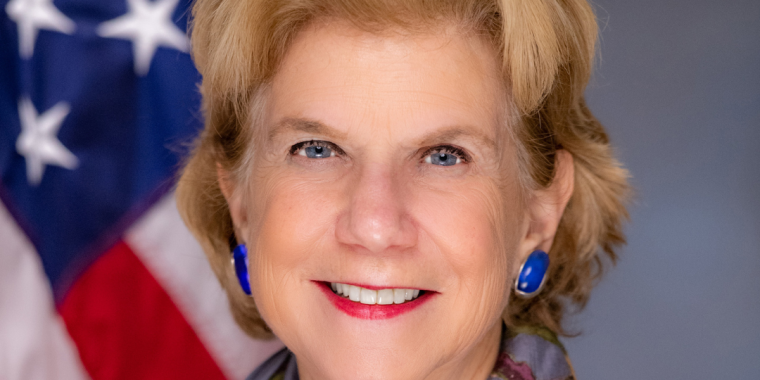
Legislation aims to increase educator pay at BOCES

New York State Assemblyman Bill Conrad joined local Board of Cooperative Educational Services (BOCES) leadership and students, on Sept. 30, in celebrating the state’s funding this year of his legislation to increase the salary reimbursement cap for BOCES’ career and technical education (CTE) teachers.
The group gathered at the Ken-Ton Career and Technical Center on Two Mile Creek Road, which is one of four Erie 1 BOCES CTE Centers.
Conrad first introduced the legislation during the 2022 session. And for nearly 20 years prior, the bill was carried by Bronx-based Assembly Member Michael Benedetto, chair of the Assembly Committee on Education, of which Conrad is a member.
This legislation – numbered A.3430 for the 2025 session – was successfully incorporated into the 2025-2026 state budget. The budget, which included a $60 million allotment to fund Conrad’s bill to increase the salary cap for BOCES instruction, was adopted by both houses in June and immediately signed into law by Governor Kathy Hochul.
New York state reimburses local school districts for a portion of BOCES teacher salaries, but the state cap hadn’t been updated since 1990. In other words, in 1990, the state would have reimbursed a district, 60% of a BOCES instructor’s $30,000 salary. That put the reimbursed amount at $18,000, leaving the district to cover the remaining $12,000.
However, adjusting for inflation, that same instructor in 2024 could have been making $60,000. With the reimbursement cap still at $18,000, that put the district’s share at $42,000. Effectively, then, the reimbursement had decreased to just 30% of each BOCES teacher’s pay.
This was making it more difficult for local school districts to afford BOCES services for their students and adding to the burden carried by local taxpayers. Conrad’s bill and its $60 million allocation provides for a $10,000-per-year increase in the instructor reimbursement rate for the next three years, bringing the rate in line with current salaries and reducing the amount BOCES must charge each school district. This reduces the disincentive to school districts to encourage their students’ participation in the career and technical education (CTE) programs run by BOCES. The bill also expanded BOCES eligibility to ninth-graders.
The state’s 37 BOCES provide CTE training across New York state. Students attending BOCES graduate at a higher rate – 93% versus the state average of 86%, according to New York State United Teachers (NYSUT) – and are better equipped for college or to enter the workforce.
NYSUT was a vocal advocate for Conrad’s bill in the lead up to this year’s budget process, along with many other stakeholder agencies and organizations.
NYSUT President Melinda Person wrote at the time of the budget’s passage, “This is a massive win, and one that NYSUT members have been advocating for, for years. This win expands opportunity, addresses workforce shortages, and powers New York’s future.”
The same-as was carried by State Sen. Shelley Mayer of Westchester County. Mayer is chair of the Senate Committee on Education.
Assemblyman Conrad said, “This aid will help districts more easily afford kids’ participation in BOCES – and that is our way toward higher graduation rates, a stronger workforce, and a more resilient economy. I see it as the state’s responsibility to carry more of its share and better assist local districts in paying for the BOCES commodities they purchase, including instruction, so we can be preparing more students for 21st-century careers in sectors desperate for skilled workers: manufacturing, construction, nursing, engineering, clean energy development, and more.”
District Superintendent/CEO of Erie 1 BOCES Dr. Michael Capuana said, “We are deeply grateful to our state legislators, including Assemblyman Conrad, for securing this vital funding. As interest in career and technical education continues to rise across Erie County and throughout New York State, this investment ensures that students from all 19 of our partner school districts have equitable access to high-quality programs. This reform is not only timely but also transformational. It directly supports the goals of the NY Inspires initiative by removing barriers for students and families and expanding access to real-world, skills-based learning experiences. Together, we are building a future where every student can graduate ready to lead, innovate, and thrive.”



